LATVIJA.FM
The Impact of Latvia’s Gaming Industry
Often flying under the radar of Europe’s creative economy, Latvia’s gaming industry has steadily evolved into a hub of innovation, artistry, and economic promise. With a blend of technical talent, indie ambition, and cross-border collaboration, the country is producing games that reach global audiences while nurturing a homegrown ecosystem of studios, coders, artists, and storytellers. More than entertainment, the Latvian gaming sector represents a shift in how the nation engages with digital culture—proving that even small countries can play big on the world’s virtual stage.
From Garage Projects to Global Platforms
Latvia’s gaming industry didn’t explode overnight—it grew from quiet roots. In the early 2000s, small teams of hobbyist developers and graphic designers began experimenting with Flash games and mobile platforms, often working out of homes, dorm rooms, or shared office spaces. What began as a passion project for many evolved into more structured studios, laying the foundation for today’s industry. Riga quickly became the center of this growth, attracting a new generation of tech-savvy creatives who were inspired by both Western gaming giants and Eastern European ingenuity. These early ventures might not have made headlines, but they built the skillsets and ambition that would fuel Latvia’s breakout titles in the years to come.
A Thriving Indie Scene and Artistic Freedom
Unlike countries where large publishers dominate, Latvia’s gaming landscape is shaped by a vibrant indie spirit. This independence has allowed studios to take risks on unique concepts and artistic storytelling, free from the constraints of commercial formulas. Games such as Graveyard Keeper—developed in collaboration with Latvian talent—and Chicken Police showcase how regional creators are embracing dark humor, surreal aesthetics, and experimental mechanics. Latvian developers often blur the line between game and art, drawing inspiration from folklore, Soviet nostalgia, and modern satire. This creative latitude not only attracts international interest but cultivates a gaming culture that feels authentic, reflective, and refreshingly offbeat.
Economic Contribution and Job Creation
While still modest in scale compared to tech juggernauts, the gaming industry is becoming a notable contributor to Latvia’s digital economy. Game studios provide high-value jobs across disciplines—software development, 3D modeling, music composition, voice acting, and localization—all without the need for massive infrastructure. According to industry estimates, hundreds of professionals are now employed directly or indirectly in gaming, with more emerging from university programs each year. The rise of game outsourcing and Latvia’s competitive labor costs have also made the country a partner of choice for global studios seeking skilled, reliable collaborators. For a generation of Latvian creatives, game development offers not just employment, but a path to global expression and entrepreneurship.
Education and a Pipeline of New Talent
Recognizing the industry’s potential, Latvian universities and technical schools have begun offering specialized programs in game development, computer graphics, and interactive media. Institutions like Riga Technical University and the Art Academy of Latvia are producing graduates fluent in both coding languages and narrative design. Hackathons, game jams, and cross-disciplinary workshops have also taken root, helping young talent connect and experiment in real time. These grassroots events act as launchpads for new studios and prototype games, strengthening a collaborative ecosystem where students don’t just learn how to build games—they learn how to build companies. With government-backed innovation grants and EU support, the educational pipeline continues to evolve, ensuring Latvia doesn’t just export games, but creators too.
Global Recognition and Baltic Collaboration
Latvia’s gaming studios may not be household names—yet—but their influence is growing. Many Latvian developers collaborate across borders with teams in Estonia, Lithuania, Poland, and Finland, forming a northern European corridor of game innovation. Regional showcases and international expos, such as GameDev Days and Nordic Game, have featured Latvian titles that stand out for their originality and technical polish. Partnerships with platforms like Steam, Epic, and Nintendo Switch have enabled Latvian-made games to reach players worldwide. These successes aren’t just about visibility—they prove that Latvian narratives and aesthetics resonate far beyond the Baltic Sea. Each release expands the country’s digital footprint and reputation in the global creative tech space.
A Future of Playful Innovation
As the world leans further into immersive storytelling, virtual worlds, and gamified education, Latvia is well positioned to evolve from a quiet contender to a recognized innovator. Augmented reality, VR, and serious games for health, history, and culture offer new frontiers for Latvian developers. With a strong foundation in IT, a maturing ecosystem, and a growing network of creators unafraid to take artistic risks, the future of Latvia’s gaming industry looks bright. It’s not just about making games—it’s about crafting experiences that entertain, challenge, and connect. And in that pursuit, Latvia is proving that even a small nation can reshape the way the world plays.
